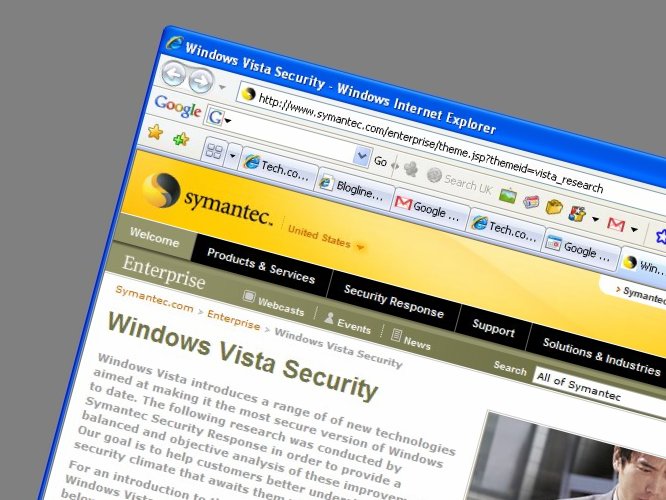Alarming rise in online malware attacks worldwide
100 attacks a second

Sign up for breaking news, reviews, opinion, top tech deals, and more.
You are now subscribed
Your newsletter sign-up was successful
Security specialists at Symantec are reporting a steep rise in malware attacks on PCs, with a new survey suggesting that there are over 100 attacks a second worldwide.
The great majority of these attacks cause no harm to the PC user. Even so, Symantec does claim that one attack worldwide every 4.5 seconds still causes problems.
Symantec's latest annual report notes that the number of malware samples recorded in 2009 were an alarming 71 per cent higher than those recorded in 2008.
Fake security software
Symantec's report also adds that the most prevalent form of cybercrime is fake security software, with users seeing a message flashing up on screen informing them that they have a virus.
"Virtually everything we see today is fake AV (anti-virus)," Vincent Weafer, a Symantec vice president, told Reuters. "It's such a money-making racket."
Weafer also issued a warning to Mac users working with cloud-based services to store their photos and other data on external servers.
Sign up to the TechRadar Pro newsletter to get all the top news, opinion, features and guidance your business needs to succeed!
"It's the notion of 'I'm on a Mac.' Yes, you're on a Mac but you're in the cloud," said Weafer. "They've got to be as careful as anybody else."
Worrying trend
Worryingly, Symantec notes that a whopping 51 per cent of all the viruses, trojans and other malicious programs it has ever seen were logged during 2009. Almost 2.9 million items of malicious code.
Tony Osborne, a technology manager for the public sector at Symantec, blames the availability of easy to use toolkits which novice hi-tech criminals are using to create malware.
While some of these are free, Osborne pointed the finger at one particular piece of software called Zeus, which costs around £458. Symnatec saw over 90,000 variants of the Zeus kit in 2009.
Like much malware, Zeus basically sends out email spam to lure unsuspecting victims to websites where they are tricked into installing malicious code, helping cyber-crims to set up networks of botnets or hijacked PCs.
Easy money
"It's easy money and it's very hard to catch people," said Symantec's Tony Osborne. "It's become a day job for a lot of people."
The report notes that Brazil and India were becoming hot spots of cyber crime, as their broadband networks were rapidly improving.
"Those are the places where education and understanding about security are taking a while to catch up," explained Osborne.
